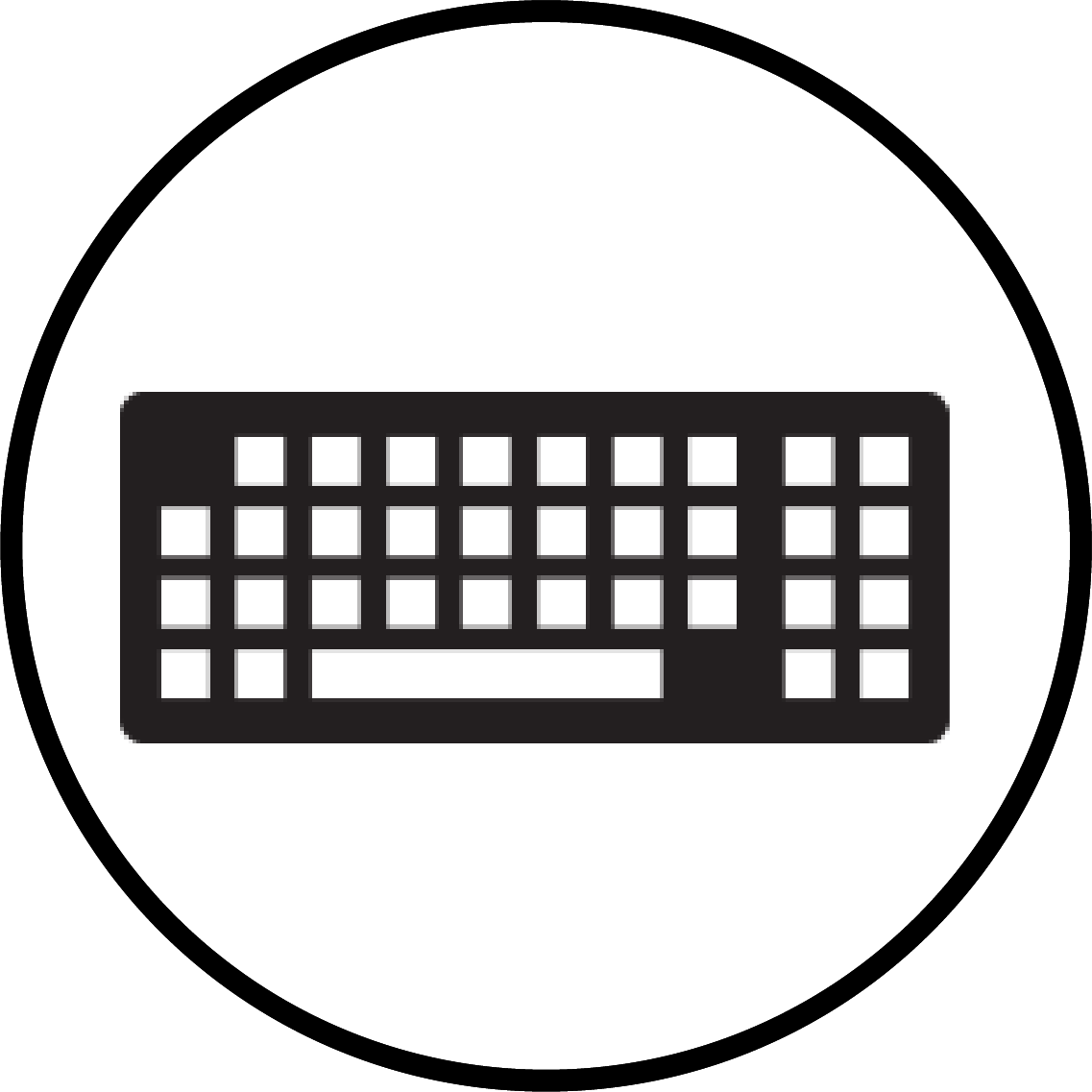
Politicians and local leaders of the Arab community in Israel declared their opposition on Thursday to the 2017-18 state education budget, on the grounds that it ignores the needs of the Arab education system. In a roundtable discussion at the Tamra Community Center, the Mossawa Center, the Follow-Up Committee for Arab Education and the National Committee of the Heads of Arab Localities called for a revised budget that would increase classroom hours in Arab schools, increase teaching positions for Arab teachers, and fund the construction of over 3000 classrooms needed in Arab schools around the country.
Knesset Members Massoud Ghanayem, Dr. Yousef Jabareen and Haneen Zoabi participated in the roundtable on behalf of the Knesset Committee on Education, and Suhail Diab, mayor of Tamra and Mohammad Hayadreh, Chairman of the Follow-up Committee for Arab Education, facilitated the discussion.
The roundtable in Tamra concluded that any equitable state education budget must fund an additional 55,000 annual classroom hours in Arab schools. A position paper by the Mossawa Center, based on data from the Office of the Prime Minister and the Ministry of Finance, recommends that the 2017-2018 state budget be expanded to meet this need. This would increase classroom hours by 30 percent in primary schools, 50 percent in junior high schools and 75 percent in high schools. The discussion also highlighted the need to increase access to higher education programs and vocational training for young Arab citizens.
This call for a more equitable education budget is backed by the Mossawa Center, the Tamra Municipality, the Follow-up Committee on Arab Education, and the National Committee of Heads of Arab local authorities.
Mossawa Center Director Jafar Farah pointed out that existing plans for the construction of dozens of schools and nurseries cannot be implemented because the Israel Land Administration opposes the allocation of land for the construction of these schools. These schools would be located in Tayibe, Majd Al-Krum, Rahat, Jisr Al-Zarqa and Haifa.
Mazen Ghanaim, president of the National Committee of the Heads of Arab Localities and the municipality of Sakhnin, reported that Arab institutions have been negotiating with the Ministries of Finance and Education around a 130 million NIS annual increase for the development of informal education services among the Arab community. However, there have been attempts to disperse this budget through community centers. As many Arab localities lack community centers, this would prevent them from accessing the funds.
MK Zoabi highlighted the importance of expanding the debate around state budgets so as to build a vision for true equality in education, including the development of education in the Negev. Roundtable participants pledged to convene a special meeting to address the needs of the Arab education system in the Negev, especially for youth in unrecognized villages.
MK Ghanayem spoke about the importance of cooperation between local experts and national authorities on the issue of education, while MK Dr. Jabareen pledged to raise the roundtable’s concerns at Monday’s meeting of the Knesset Committee on Education.
Arab schools in Israel struggle with discriminatory budgeting practices and have historically been marginalized. Recent statistics show that 61% of students in kindergarten do not have the classrooms that they are promised by law. Per-student state funding for Arab high schools in 2013-14 was 35 percent to 68 percent lower for Arab schools than for Jewish schools of a similar socioeconomic level. Thirty-two percent of Arabs over the age of 15 never complete any education beyond elementary school, twice that of the Jewish population. Of the Arab students who enroll in high school, 32% of them drop out without finishing.

























